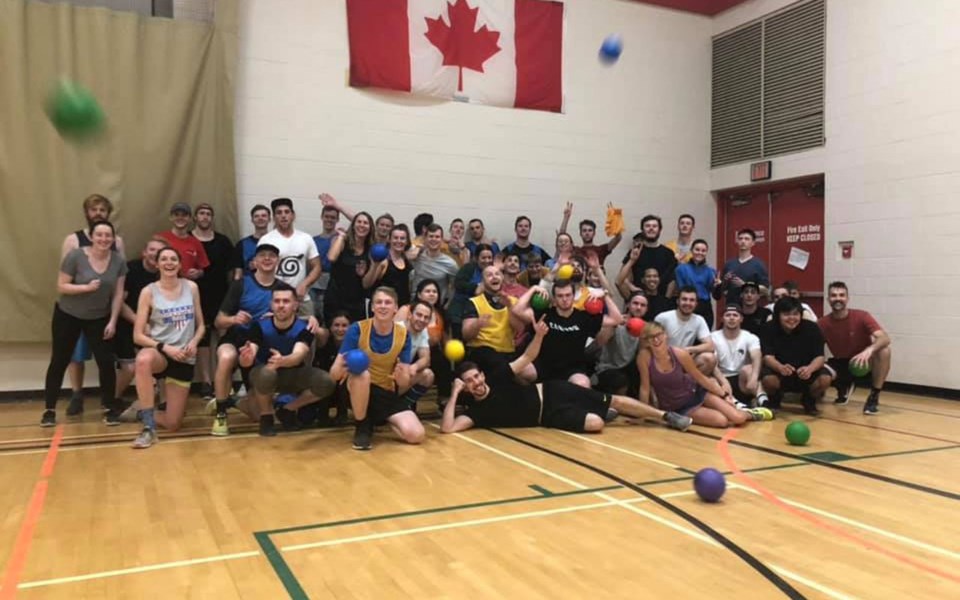One of the most common questions asked of people who live in Whistler—"how long have you lived here?"—has always been a bit off-putting to Mayor Jack Crompton.
"It can become a bit of a measuring stick," the mayor said.
Though Crompton's own roots in the resort run deep—some of his earliest memories here include scouring the ditches for bottles and cans at six years old and using the money to buy candy at the Husky—he doesn't see newer arrivals as any less.
"I say to new people, 'if you are going to work here and help make Whistler go this year, you are a local ... don't let anyone tell you there's a minimum number of years you have to commit, or hoops you have to jump through to qualify,'" he said.
"We are a community from all over the world, and if you've been here a month, a year or your whole life, this place is for you."
As Whistler Blackcomb gears up for opening day on Nov. 28, hundreds of newcomers to Whistler are navigating their way through the resort, assisted by messages like Crompton's (which he'll espouse at the Whistler Chamber's upcoming Whistler Experience Live events) and resources provided through the Whistler Community Services Society (WCSS).
The social-services provider held its annual Connect Whistler week from Nov. 4 to 8, highlighted by social events like dodgeball, a polar bear dip, and a scavenger hunt with a Whistler Blackcomb season pass on the line.
"What we do is hand out passports, and then they go around to different services and businesses, and it kind of gives them an introduction," said Lori Pyne, interim executive director of WCSS.
"So that's how they find out where this business is, and that's how they find out where the medical centre is, [or] where WCSS and the food bank and the Re-Use-It Centre and all these different services are."
Newcomers are often faced with similar challenges—homesickness, easier access to drugs and alcohol, a higher cost of living or a lack of available housing, to name just a few, Pyne said.
"So [Connect Whistler] is just bringing their awareness to these things in that first month or two that they're here," she said.
"We have outreach workers that can provide strategies and suggestions for things—not always the solution, but they can point them in the right direction of how to get there."
Complementing Connect Whistler week (which Pyne said is put on in partnership with the Whistler Blackcomb Foundation, the Whistler Public Library, the Whistler Museum and Archives, Whistler Blackcomb staff housing and the Resort Municipality of Whistler), WCSS also produces the Whistler Survival Guide—the newcomer's one-stop-shop for all their burning questions.
"It is a great resource, and we make those available all year, kinda all over the place," Pyne said (the guide is also available online at www.mywcss.org).
And when in doubt, new arrivals can always find help at WCSS' headquarters located at 8000 Nesters Rd., where outreach workers are available six days a week from 9 a.m. to 5 p.m.
"They can ask them questions—anything from homesickness to drug addiction to 'I miss my sister' to housing," Pyne said.
"We help navigate through the community, because we know the resources that are out there, and lots of people don't when they come."
Check out more resources online at www.mywcss.org.




